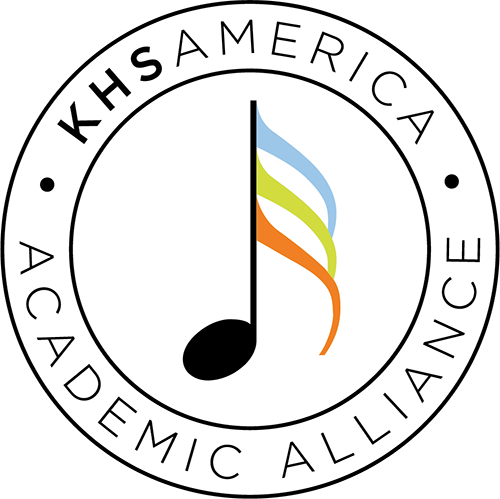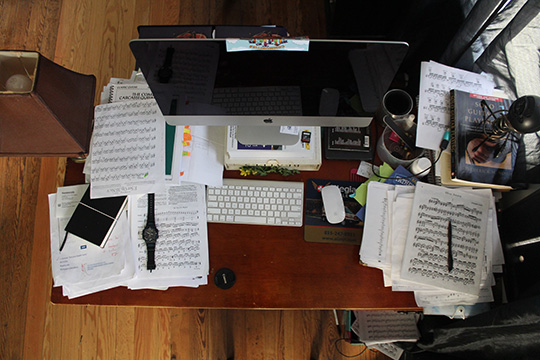For many of us, this week marks the start of distance-learning, remote-teaching, virtual-classrooms, or any number of other euphemisms for a form of education few of us and our students have ever done before. Though I know some of you have already been doing this for weeks, while others of you may be starting soon, it seems that every corner of the world has, or will have to adapt to this “new normal.”
As worrisome, devastating and depressing as this global pandemic has been, it also has shown what teachers – those dedicated to passing along the knowledge and skills of the past from one generation to the next – are capable of doing. Most of us have had to learn many new software programs virtually overnight, adapt teaching techniques to an electronic world, create new and innovative approaches to teaching and learning in ways we never imagined.
Whether it be a sectional for our trumpets or a symphonic band rehearsal, in so many ways, ours is education entrenched in social contact. Yet, now we have to do what we have always done in non-social or electronically-social ways we never imagined. And that, my friends, is the operative word: imagination! Remember the words of John Maynard Keynes, “The difficulty lies not so much in developing new ideas as in escaping from old ones.”
As I have spoken and emailed with hundreds and hundreds of teachers over the past few weeks, I hear worry. I hear frustration. I hear concern. I hear trepidation. But far more powerfully and assertively – to the person – I hear creativity, inspiration, excitement for trying some new strategy, and the awe of discovering ways to connect with students in ways we never imagined. The internet is now filled with teachers sharing thought-provoking, dynamic, clever and brilliant ways of teaching our “social” art in non-traditional ways. Will any of them replace what we have done in rehearsals and classrooms in the past? No. But in the very fabric of every teacher is making the best of this situation for their students. Only a teacher can understand that, but that’s what makes you so special.
What I see at this very moment in history are teachers, those dedicated to their students as much as their art, doing what they have always done: helping, educating, caring for, worrying about, challenging, inspiring, motivating and dedicating themselves to the well-being of every child. As frustrating and frightening as this time may be, take care of yourself, be well, be safe, be healthy, and never forget – maybe now more than ever – how important you are in the lives of those you teach.
Peter Loel Boonshaft, Director of Education
KHS America
The content of this Blog article or Banded Story is the intellectual property of the author(s) and cannot be duplicated without the permission of KHS America and/or the author(s). Standard copyright rules apply.



 We look forward to the evolution of this exciting program, and welcome feedback on how we can further enhance the work that you do in music education.
We are excited to offer your program the opportunity to join the KHS America Academic Alliance today.
We look forward to the evolution of this exciting program, and welcome feedback on how we can further enhance the work that you do in music education.
We are excited to offer your program the opportunity to join the KHS America Academic Alliance today.